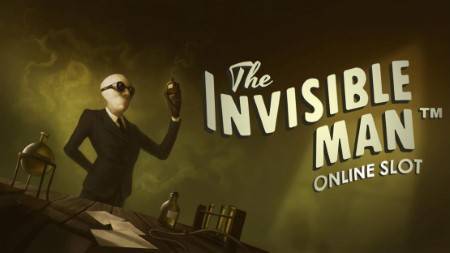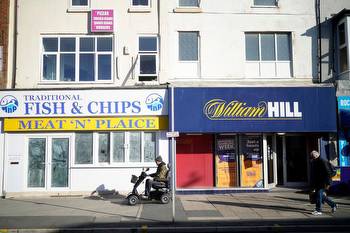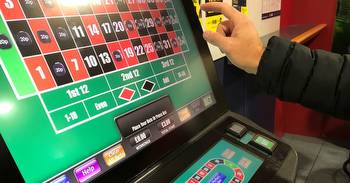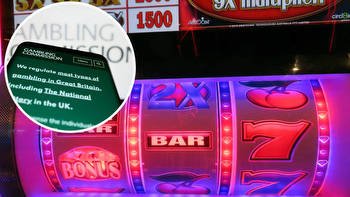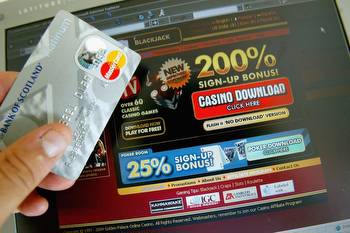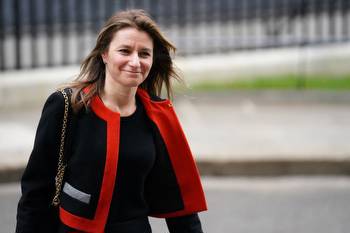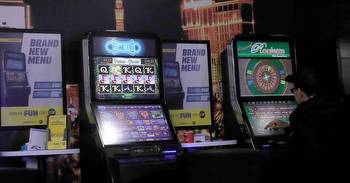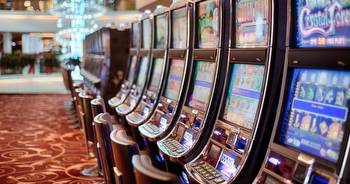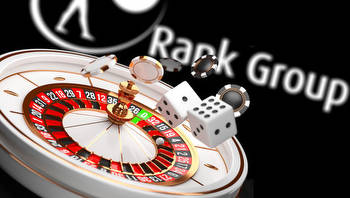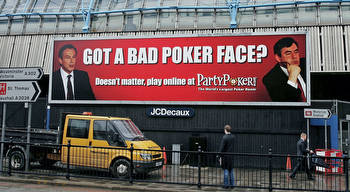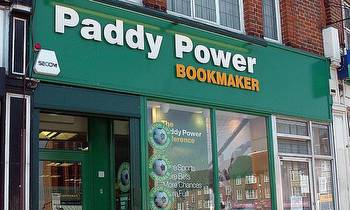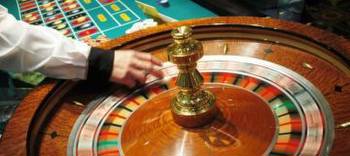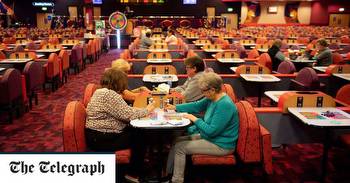Gambling limits for under-25s expected in new laws, reports say
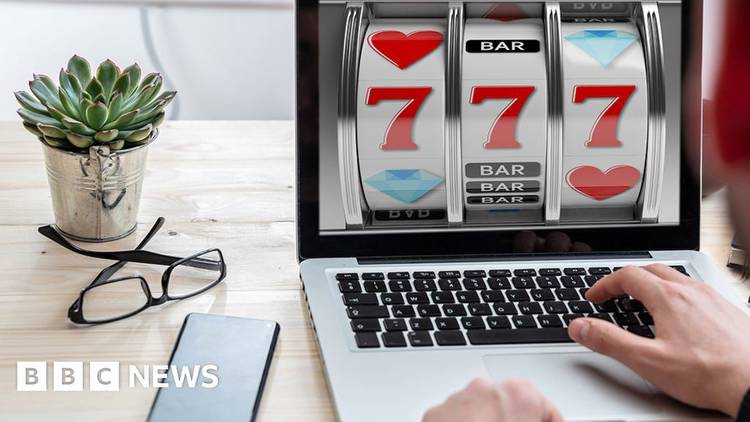
Young online gamblers will face limits on the amount they can bet under new laws reportedly being lined up by the government.
The Sun newspaper said ministers would consult on capping bets on online slot games to between £2 and £15, with a £2 limit for under-25s.
Gambling firms will also be taxed to fund addiction treatment, according to leaks seen by the newspaper.
The culture department, in charge of gambling laws, declined to comment.
MPs who have been campaigning for tougher restrictions on gambling told the BBC they expected the new tax on firms and stake limits to be introduced.
They added that they were also expecting tougher affordability checks - to ensure the firms' customers are not gambling beyond their financial means.
But ministers are not expected to bring in a total ban on gambling advertising, as some campaigners want.
Proposed new laws for gambling companies are expected to be published by the government in the coming weeks.
The so-called white paper, the biggest shake-up of the industry in over two decades, was first announced in late 2020 but has been repeatedly delayed.
It is expected to introduce new curbs in England, Scotland and Wales, with gambling laws separate in Northern Ireland. The Premier League is also likely to agree a deal to ban sponsorship on the front of team shirts.
The maximum bet on fixed-odds terminals in bookmakers' shops was cut from £100 to £2 in 2018.
The Sun reported that a new tax on betting firms to fund addiction and support services would be set at around 1% of profits.
Currently firms make contributions towards research, education and treatment into gambling harm on a voluntary basis.
The Betting and Gaming Council (BGC), which represents gambling companies, says its largest members have pledged £100m ($125m) over four years.
It recently said it was "relaxed" about the introduction of a mandatory levy, arguing contributions from its members are "already on the table".
But it said it had concerns about a 1% blanket tax on all gambling companies, arguing it would be unfair on firms operating betting shops that face higher running costs as well as property taxes.
A BGC spokesperson said it had been working with the government on the issue of online slot games, and any future curbs should be "proportionate" and "carefully targeted".
Gambling laws were liberalised by the last Labour government - but the party's current leader Sir Keir Starmer said he would support tighter regulation, as the industry had changed a lot since then.
However, he added that he would have to study the new measures in detail when they are published.
Gambling in numbers
- Excluding the National Lottery, the gambling industry made almost £10bn before tax in 2021/22
- £6.4bn of that amount came from remote (mostly online) betting, bingo and casino games
- £3.5bn was made from the land based sector, also known as non-remote betting at arcades, bingo halls, casinos and betting shops
- According to the Office for Budget Responsibility, the gambling industry paid £3.2bn in tax in the 2021/22 financial year
- It is estimated that there are between 250,000 and 460,000 problem gamblers in Great Britain
Support for addiction issues is available
Intense lobbying behind the scenes has gone on in recent months at Westminster, as the finishing touches were put to the planned new laws.
It has raised questions about gifts and hospitality received by MPs on behalf of betting firms and industry bodies, with some MPs describing the relationship with the sector as too cosy.
Betting companies have spent tens of thousands of pounds inviting MPs from the Conservative, Labour and other parties to events in the past few years - including Ascot races, Wimbledon, football matches, music gigs and awards ceremonies.
In a statement, the culture department said it was working to finalise details of the white paper to ensure gambling laws are "fit for the digital age".







